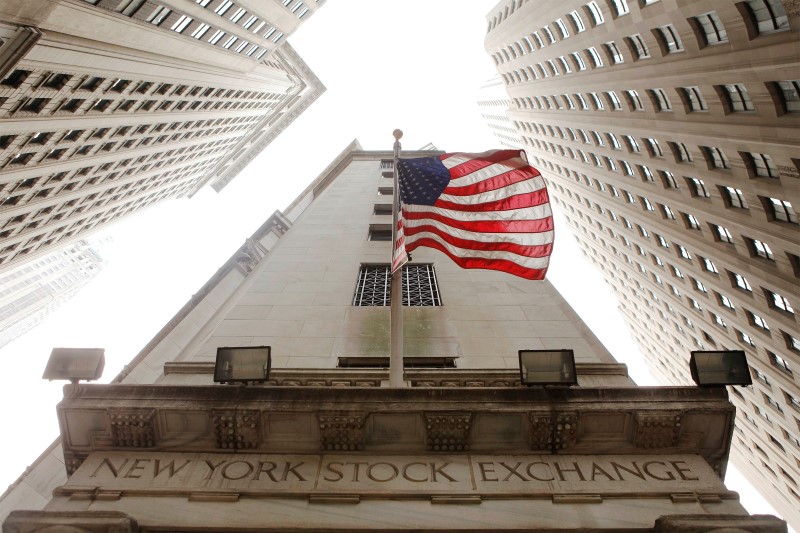By Ross Kerber
BOSTON (Reuters) - An influential group representing top U.S. pension funds on Wednesday urged companies that go public to stop using a maneuver that gives insiders extra control and makes other investors second-class corporate citizens.
Members of the Council of Institutional Investors voted to adopt a new policy that all investors in initial public offerings have equal voting rights among their shares, an official of the group said. They are concerned that dual-class share structures with unequal rights make management less accountable.
When executives use dual-class structures, "Basically you have insulated yourself from the broader market," said Ken Bertsch, executive director of the influential trade association.
The council, whose members include pension funds, endowments and other large investors, has pushed for equal voting rights at established companies in the past without winning many changes.
Bertsch and others said the group is putting a new focus on stopping dual-class and multiclass structures in IPOs now after a steady stream of them lately including e-commerce company Alibaba Group Holding Ltd (N:BABA) deal-provider Groupon Inc (O:GRPN) and social network LinkedIn Corp (N:LNKD).
Out of 174 U.S. IPOs in 2015, 27 valued collectively at $12.6 billion used dual-class structures, according to Dealogic. In 2014, 36 IPOs used the structure, with a total value of $9.9 billion, out of a total of 292 U.S. IPOs.
The trend has already become controversial, with big asset manager T. Rowe Price Group Inc (O:TROW) saying recently it planned to vote against key directors at dual-class companies.
Corporate leaders have defended the structures at bigger companies including Viacom Inc (O:VIAB) and Google parent Alphabet Inc (O:GOOGL). They argued the extra voting power given to founders and top executives helps protect against pressure for short-term returns, especially as activist hedge funds gain clout.
Another example involves Ford Motor Co (N:F), which at its annual meeting on May 12 will vote on a shareholder resolution seeking a one-vote-per-share structure. Currently members of the Ford family hold Class B shares that control 40 percent of voting rights.
Ford argues the structure is worth preserving, noting that it helped the company avoid bankruptcy during the 2008 financial crisis. "The long history of Ford family involvement in the Company has been one of its greatest strengths," the company said in its recent proxy filing.

The new policy also urged companies to hold annual elections for directors and appoint independent board leadership.
